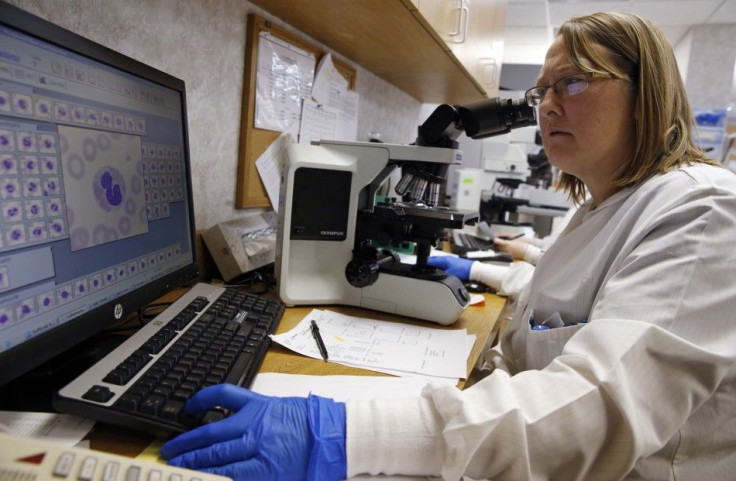Carbon Monoxide Poisoning: Leak Ills 71 Children at Quebec Daycare Centre

At least 71 children studying in a Quebec daycare centre were rushed to a hospital after getting poisoned from a carbon monoxide leak.
Workers at Les petits explorateurs daycare centre in Saint-Eustache, north of Montreal began to
Suspect and worry when they too started feeling ill.
Authorities in Saint-Eustache suspect the cause of the carbon monoxide poisoning may have been the propane fuel filled into the daycare centre's floor-cleaning machine.
"At the moment we suspect a [piece of] equipment used to clean the floor that uses propane gas. That's what we suspect," CBC quoted Saint-Eustache fire Chief Charles de Rouville.
"Carbon monoxide is a gas you can't see or smell," public-health official Marie-Claude Lacombe said at an afternoon news conference. "So it was a good hunch by ambulance workers to think of carbon monoxide when they arrived on site and saw the children's discomfort."
At least five children were overcome by carbon monoxide. "The first ones to arrive by ambulance showed symptoms of typical intoxication," Dr. Alain Turcotte, the director of professional services, told a news conference Tuesday. "Five young children were transferred to St. Justine's hospital so they could be followed more closely. . . they showed more severe symptoms of intoxication."
Carbon monoxide can cause headaches, nausea and fatigue. Prolonged exposure can be fatal.
The unfortunate incident had placed the daycare centre in the hotseat, as it was found it had not carbon monoxide detector installed. "In an ideal world, everyone would have had a carbon monoxide detector, like they have a smoke detector," Dr. Marie-Claude Lacombe said.
"But in this case there was not one."






